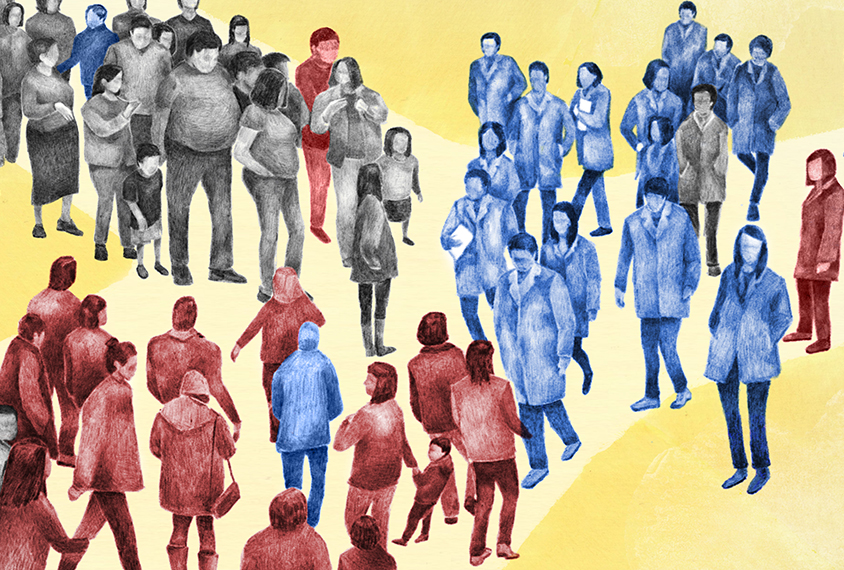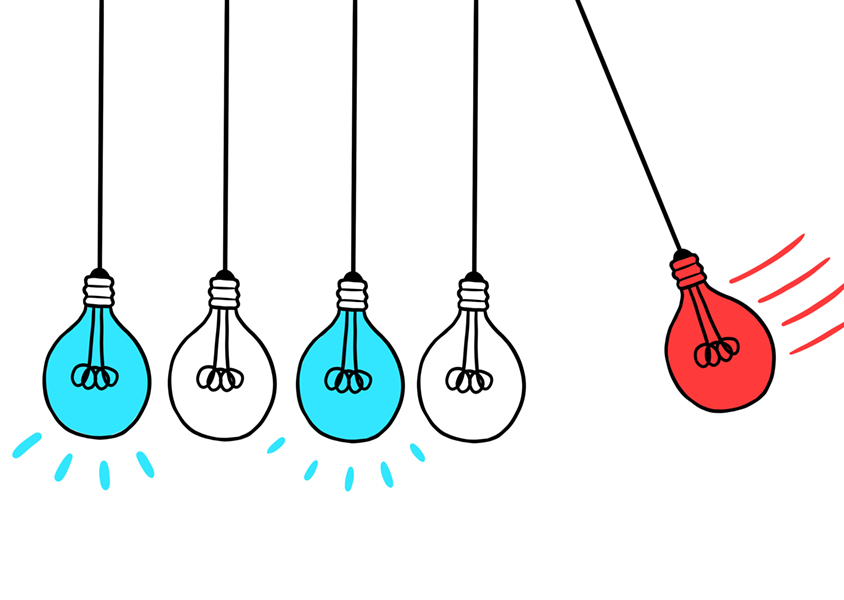ABA
Recent articles
Head of company that accredits autism service providers resigns after article retraction
The resignation follows reporting by Spectrum and Retraction Watch in October about nonexistent references in the retracted article.

Head of company that accredits autism service providers resigns after article retraction
The resignation follows reporting by Spectrum and Retraction Watch in October about nonexistent references in the retracted article.
Article defending private-equity involvement in autism services retracted
Nearly two-thirds of the article’s references appear to not exist.

Article defending private-equity involvement in autism services retracted
Nearly two-thirds of the article’s references appear to not exist.
Social communication and developmental disorders with Connie Kasari
In this episode of “Synaptic,” Kasari talks about the need for inclusion in educating autistic children, what drew her into the autism research field, and growing up on the family farm.

Social communication and developmental disorders with Connie Kasari
In this episode of “Synaptic,” Kasari talks about the need for inclusion in educating autistic children, what drew her into the autism research field, and growing up on the family farm.
Autism research at the crossroads
The power struggle between researchers, autistic self-advocates and parents is threatening progress across the field.

Autism research at the crossroads
The power struggle between researchers, autistic self-advocates and parents is threatening progress across the field.
Applied behavior analysis and autism: Flawed application of a proven science
The field of ABA needs more compassion and individualization.

Applied behavior analysis and autism: Flawed application of a proven science
The field of ABA needs more compassion and individualization.
Access to virtual autism therapy in U.S. could narrow post-COVID
When the federal public health emergency expires, so too could temporary insurance coverage of applied behavior analysis conducted remotely. A proposed rule could block those changes, however, at least for people with public insurance.

Access to virtual autism therapy in U.S. could narrow post-COVID
When the federal public health emergency expires, so too could temporary insurance coverage of applied behavior analysis conducted remotely. A proposed rule could block those changes, however, at least for people with public insurance.
Why autism therapies have an evidence problem
Early interventions for autism lack solid data. The source of this problem is murky but may stem from ongoing debates about evidence quality and entrenched conflicts of interest within the field.

Why autism therapies have an evidence problem
Early interventions for autism lack solid data. The source of this problem is murky but may stem from ongoing debates about evidence quality and entrenched conflicts of interest within the field.
Null and Noteworthy: Quality of life, IACC discussion, mixed results on interventions
In this edition of Null and Noteworthy, the Interagency Autism Coordinating Committee grapples with “groundbreaking” research and two reviews of interventions come to conflicting conclusions.

Null and Noteworthy: Quality of life, IACC discussion, mixed results on interventions
In this edition of Null and Noteworthy, the Interagency Autism Coordinating Committee grapples with “groundbreaking” research and two reviews of interventions come to conflicting conclusions.
Many U.S. counties lack autism therapists
Applied behavior analysis is the most widely used therapy for autistic children in the United States, but some regions lack the staff needed to provide it.

Many U.S. counties lack autism therapists
Applied behavior analysis is the most widely used therapy for autistic children in the United States, but some regions lack the staff needed to provide it.
Low standards corrode quality of popular autism therapy
Rapid growth and inadequate standards in the 'applied behavior analysis' industry may put vulnerable children in the hands of poorly prepared technicians.

Low standards corrode quality of popular autism therapy
Rapid growth and inadequate standards in the 'applied behavior analysis' industry may put vulnerable children in the hands of poorly prepared technicians.
Explore more from The Transmitter
Shifting neural code powers speech comprehension
Dynamic coding helps explain how the brain processes multiple features of speech—from the smallest units of sounds to full sentences—simultaneously.

Shifting neural code powers speech comprehension
Dynamic coding helps explain how the brain processes multiple features of speech—from the smallest units of sounds to full sentences—simultaneously.
Astrocytes orchestrate oxytocin’s social effects in mice
The cells amplify oxytocin—and may be responsible for sex differences in social behavior, two preprints find.

Astrocytes orchestrate oxytocin’s social effects in mice
The cells amplify oxytocin—and may be responsible for sex differences in social behavior, two preprints find.
Neuro’s ark: Spying on the secret sensory world of ticks
Carola Städele, a self-proclaimed “tick magnet,” studies the arachnids’ sensory neurobiology—in other words, how these tiny parasites zero in on their next meal.

Neuro’s ark: Spying on the secret sensory world of ticks
Carola Städele, a self-proclaimed “tick magnet,” studies the arachnids’ sensory neurobiology—in other words, how these tiny parasites zero in on their next meal.